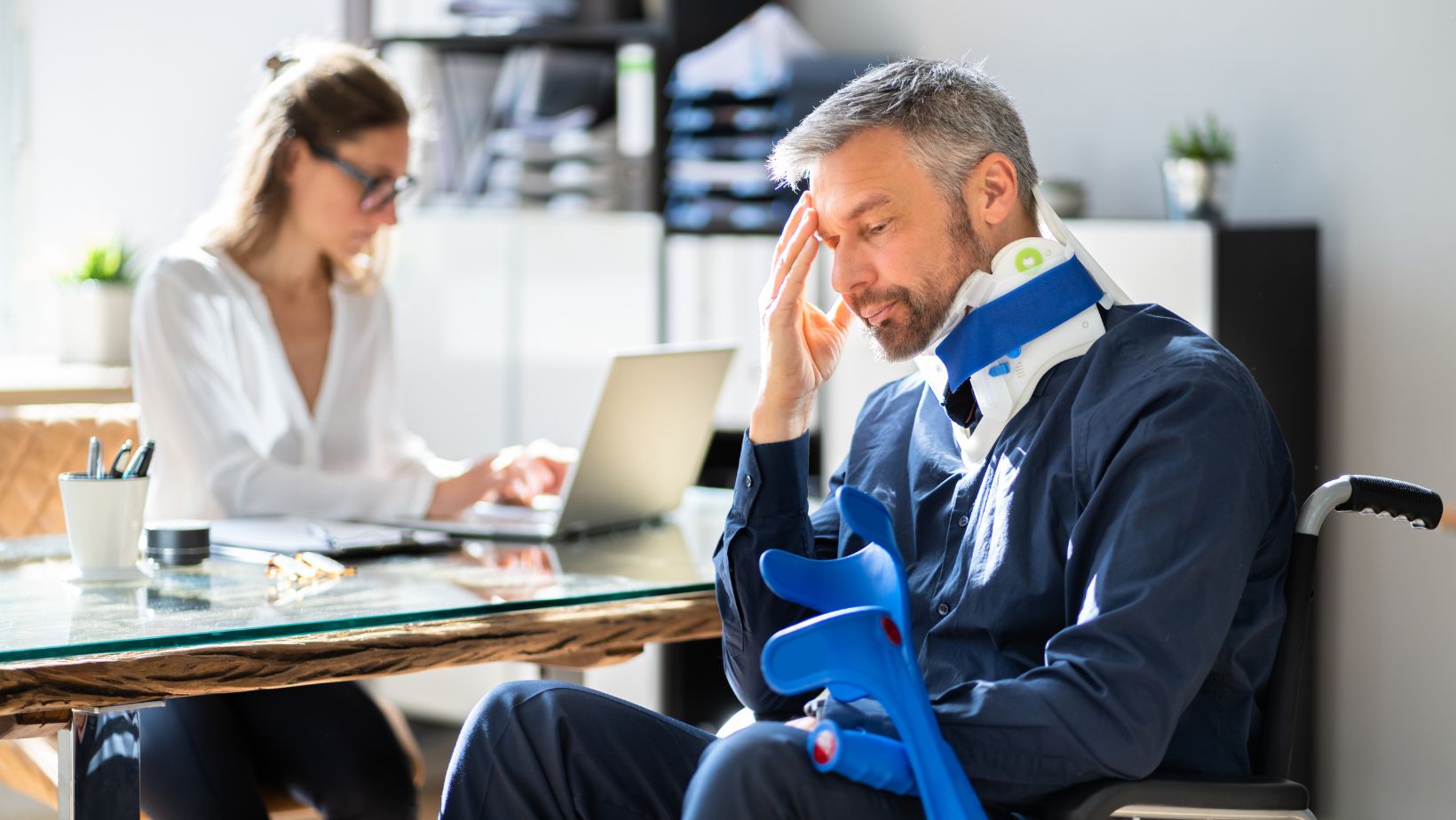
Personal injury happens when someone gets hurt because of another person’s actions or negligence. It can be a car crash, a fall at work, or even a mistake at the hospital. These injuries can be physical, like a broken leg, but they can also affect how we feel and think. People often don’t realize how much an injury can change their daily lives. Even a minor injury can disrupt routines, lead to missed work, and cause stress.
The Role of Personal Injury Law Firms
When people get hurt like this, they often turn to a personal injury law firm. These firms help them to get compensation. This means that the person or company responsible for the injury must pay the injured person. This money can help with medical bills, lost wages, or other costs caused by the injury. A personal injury law firm not only helps with the financial aspect but also offers guidance and support during a difficult time. They work to ensure that the injured party’s rights are protected and that they understand the legal process.
Emotional and Mental Effects of Personal Injury
After a personal injury, it’s common for people to feel sad, scared, or even angry. These feelings can be strong and last a long time. Sometimes, people might find it hard to do everyday things or enjoy stuff they used to like. This is because the injury can change how they see the world and themselves. The sudden change in lifestyle and independence can be particularly challenging. For many, the loss of mobility or the need for ongoing medical care can lead to feelings of frustration and helplessness.
Long-Term Mental Health Challenges
For some people, these feelings don’t go away quickly. They might develop long-term problems like depression, anxiety, or post-traumatic stress disorder (PTSD). These are serious conditions that can affect all parts of their life. They might feel hopeless, worried all the time, or have flashbacks to the injury. Living with chronic pain or disability can exacerbate these conditions, making it harder to cope with everyday life. This can create a cycle of physical pain and mental distress that’s hard to break. The psychological impact of personal injury is not always immediately apparent and may develop gradually, compounding the difficulties in seeking timely help. Individuals and their loved ones need to be vigilant and recognize signs of mental health issues early on.
Getting Help and Support
People with these feelings need to get help. This might be talking to a doctor or a therapist. These professionals can help them understand and manage their feelings. They can also give them strategies to feel better and get back to normal life. Seeking professional help is a sign of strength, not weakness. It’s an important step in the healing process. Alongside professional help, engaging in activities that bring joy and relaxation can be beneficial.
The Importance of Support Systems
Support from family and friends is also really important. They can offer love, help, and understanding. Sometimes, just knowing that people care can make a big difference. Support groups, where people can talk to others who have been through similar experiences, can also be very helpful. Family and friends can provide practical help, like assisting with daily tasks and emotional support. Even when it’s difficult, engaging in social activities can help maintain a sense of normalcy and connection. The role of the community in facilitating recovery cannot be overstated; community resources like local support groups, recreational activities, and volunteer opportunities can provide a sense of purpose and belonging, aiding in the healing process.
Moving Forward After Personal Injury
Recovering from a personal injury isn’t just about healing the body. It’s also about taking care of the mind. This can take time and effort. But with the right help and support, people can feel better and enjoy life again. It’s all about taking small steps towards healing, both physically and mentally. Celebrating small victories and acknowledging progress, no matter how small, can be very empowering. Remember, recovery is a journey, not a destination, and it’s okay to ask for help along the way.

Personal injury can have a big impact on mental health. But with help from professionals, support from loved ones, and their own strength and courage, people can overcome these challenges and find their way back to a happy and healthy life. The road to recovery might be long and challenging, but it’s important to remember that help is available and that healing is possible.











